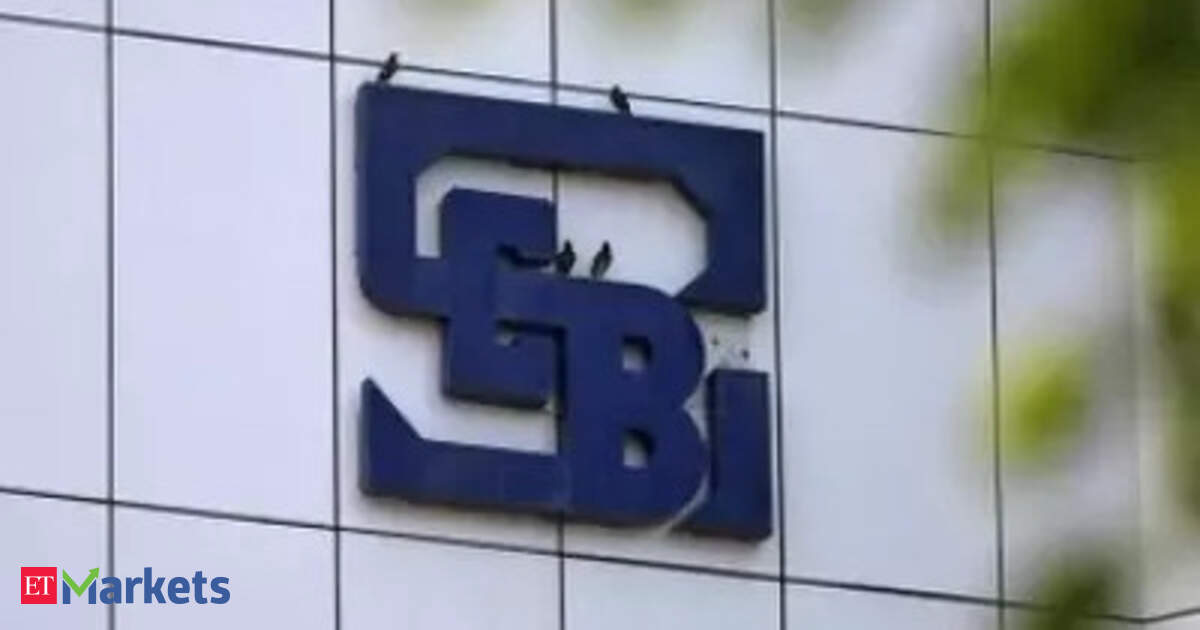The reforms were approved in the 210th Sebi board meeting and apply to PSUs—excluding banks, NBFCs, and insurance firms—where the Government of India or other PSUs hold at least 90% of the total shareholding.
The amended Sebi delisting regulations will allow eligible PSUs to delist through a fixed price mechanism. This route does away with the existing requirement of obtaining a two-thirds majority approval from public shareholders. The new framework aims to address challenges faced by PSUs with a very low public float, where market prices often do not reflect their true financial performance or value.
Under the new rules, the delisting price must be at least 15% above the floor price. The floor price, in turn, must be the highest among the volume-weighted average price over the past 52 weeks, the highest acquisition price in the past 26 weeks, or a valuation determined by two independent registered valuers.
To protect residual public shareholders, Sebi has also laid out a mechanism for unclaimed payments. If any eligible PSU goes for voluntary strike-off within 13 months of delisting, the money due to non-tendering shareholders will be transferred to a designated account for seven years, after which it will move to the Investor Education and Protection Fund (IEPF) or SEBI’s Investor Protection and Education Fund (IPEF). Investors can still claim their dues from these funds after the transfer.
Also Read: Sebi board meeting: Regulator approves PSU delisting, IPO reforms, dematerialisation of Securities. 10 key takeawaysThese proposals were finalised after a public consultation process in May 2025 and inputs from Sebi’s Primary Markets Advisory Committee. The move is expected to make delisting easier, faster, and more cost-effective for qualifying PSUs.
(Disclaimer: Recommendations, suggestions, views and opinions given by the experts are their own. These do not represent the views of Economic Times)








